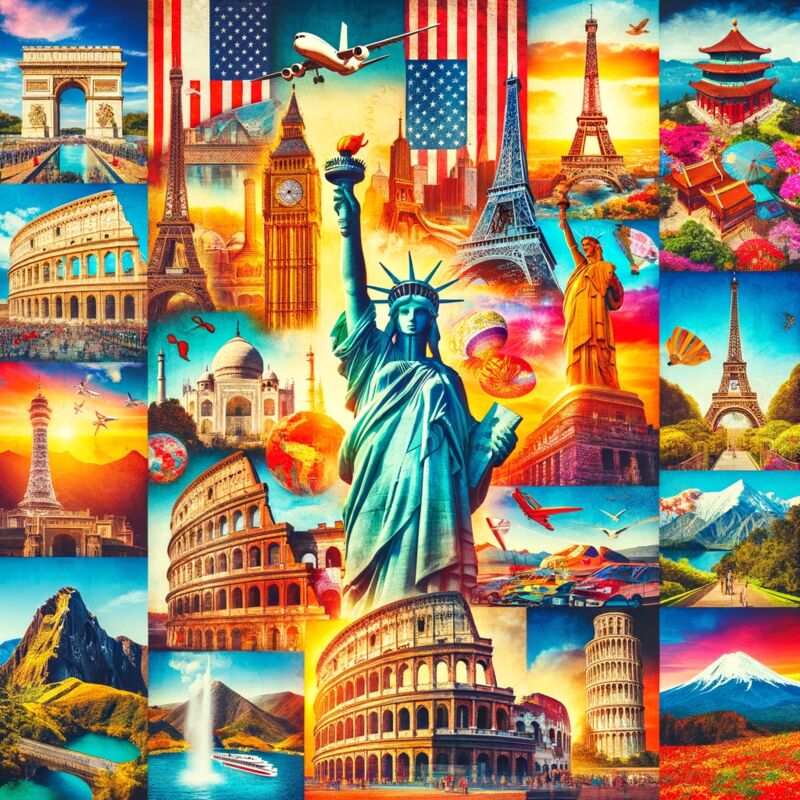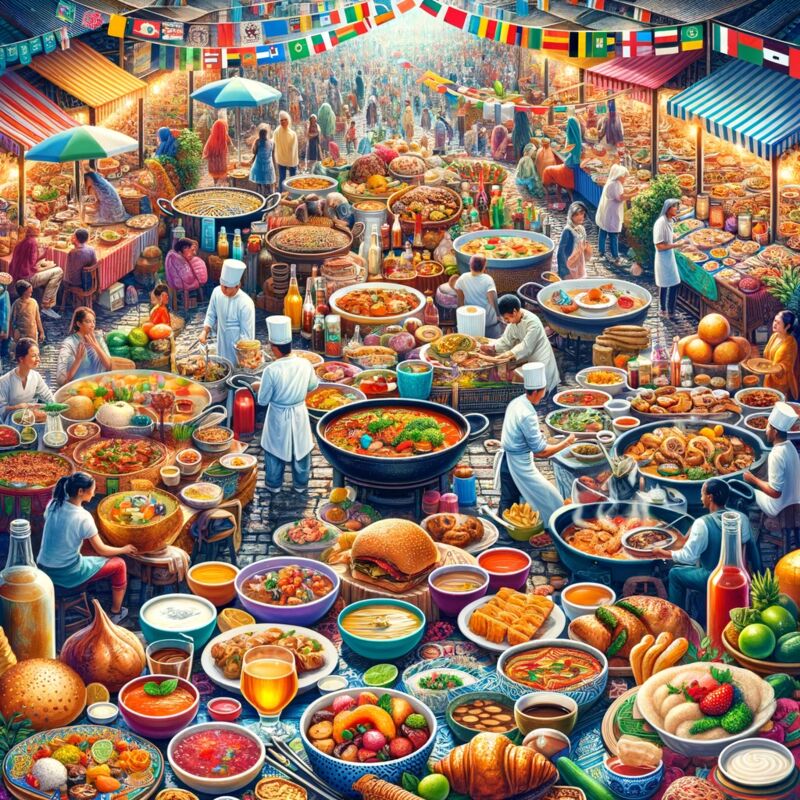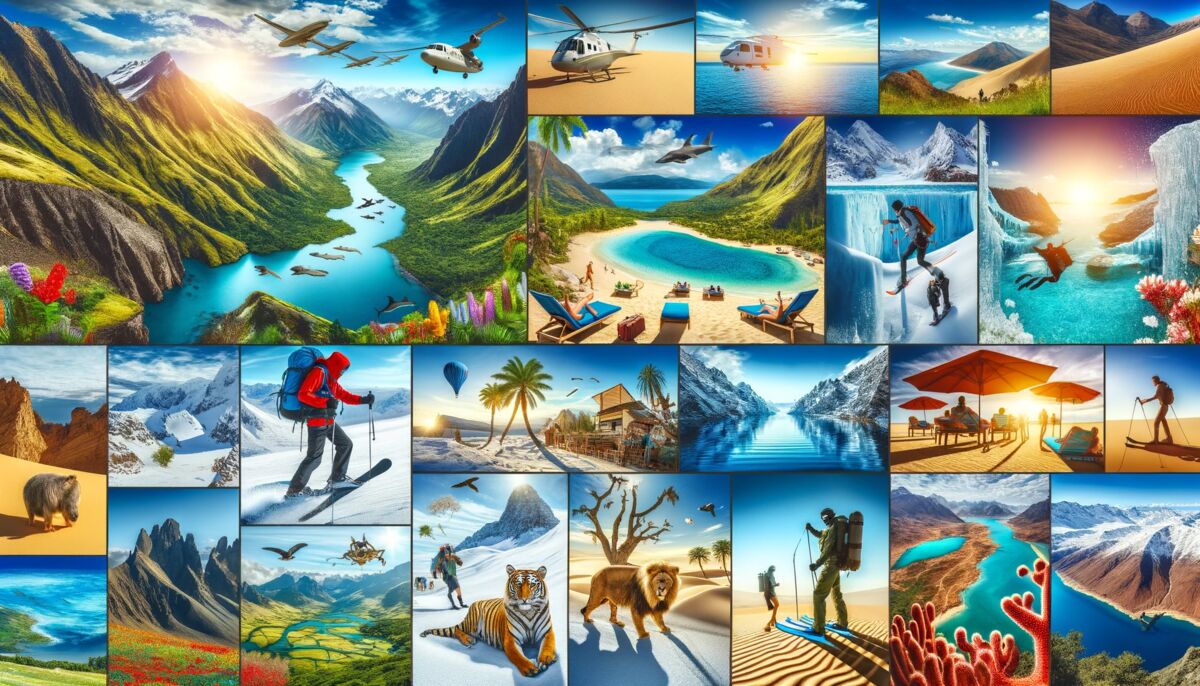Essential Travel Information for Visiting Jamaica
Welcome to the ultimate guide for planning your trip to the vibrant island of Jamaica. Whether you're looking to embrace the laid-back lifestyle, enjoy the pristine beaches, or explore the rich culture and history, these essential travel tips will help ensure an unforgettable experience.
Getting to Jamaica
Flying In: The most common points of entry by air are Sangster International Airport in Montego Bay and Norman Manley International Airport in Kingston. Several international airlines offer direct and connecting flights to these airports.
Cruise Ports: Ocho Rios, Montego Bay, and Falmouth are the main cruise ports for those arriving by sea, hosting many of the major cruise lines.
Accommodation
Jamaica offers a wide range of accommodation options, from luxury resorts and all-inclusive hotels to budget-friendly guesthouses and hostels. Consider booking in advance, especially during the peak season from December to April.
Transportation within Jamaica
- Rental Cars: A convenient option for those comfortable with left-hand driving. Be sure to have a valid driver's license and understand the local road laws.
- Taxis and Local Buses: Registered taxis are reliable for short distances, while buses offer a more cost-effective way to travel longer distances.
- Private Drivers: For those who prefer not to drive, hiring a private driver can be a safe and stress-free alternative.
Climate and Best Time to Visit
Jamaica enjoys a tropical climate year-round with two main seasons: dry (mid-December to mid-April) and wet (May to November).
- The peak tourist season is during the dry months when the weather is most pleasant.
- For fewer crowds and potentially lower prices, consider visiting in the shoulder season (May and November).
Local Cuisine and Dining
Jamaican cuisine is an eclectic mix of flavors and influences. Here are some must-try dishes:
- Jerk chicken or pork
- Ackee and saltfish (the national dish)
- Patties (savory pastries)
- Escovitch fish
- Rundown (coconut milk stew)
Dining options range from roadside eateries to high-end restaurants. Always drink bottled water and be cautious with street food.
Activities and Attractions
Jamaica is rich in natural beauty and cultural heritage, offering a wide array of activities:
- Beach outings to Negril, Montego Bay, or Ocho Rios.
- Exploring the Blue Mountains and coffee tours.
- River rafting on the Martha Brae or exploring the Luminous Lagoon.
- Visiting Bob Marley's museum in Kingston or the Rastafari Indigenous Village.
Travel Tips and Safety
- It's recommended to use Jamaican dollars for small purchases and tipping.
- English is the official language, with Jamaican Patois widely spoken.
- Be aware of your surroundings and avoid wearing flashy jewelry or displaying large amounts of cash.
- Tourist areas are generally safe, but use common sense, especially at night.
Health and Vaccinations
No specific vaccinations are required for entry into Jamaica, but it's wise to be up-to-date on routine vaccinations and consider those for Hepatitis A and Typhoid. Always check with your country's health advice for the most current information before your trip.
Culture and Etiquette
Jamaicans are warm and hospitable, but respecting local customs and traditions is important. Dress modestly when away from the beach and always ask permission before taking photographs of people.
Connectivity
Wi-Fi is available in most hotels, resorts, and many restaurants. Consider purchasing a local SIM card for better connectivity outside these areas.
Emergency Information
In case of emergency, dial 119 for police, 110 for fire, and 110 for ambulance. It's always a good idea to have the contact information for your local embassy or consulate.







